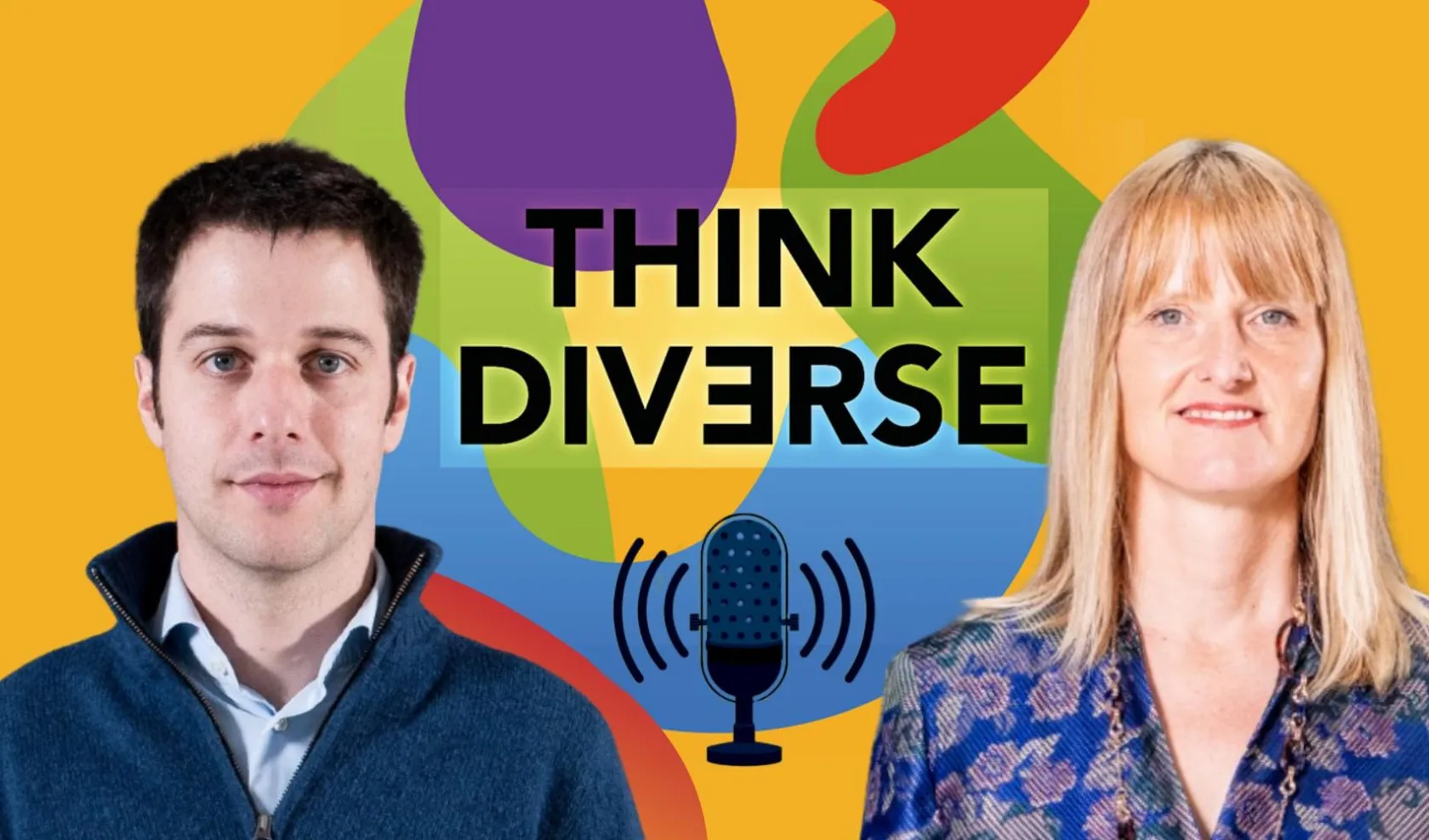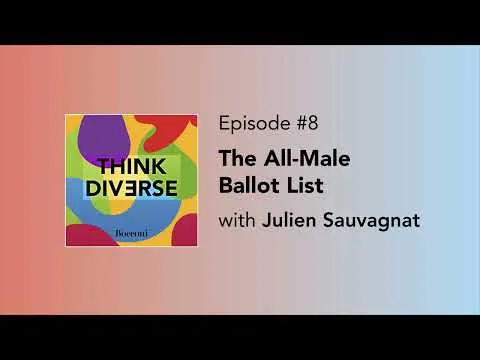
Gender Pay Gap Can Spoil Elections
Even though the number of women in politics has been increasing, the proportion of female candidates is still low.
There is a surprising link between the gender pay gap and voter bias against women, says Julien Sauvagnat, Associate Professor at Bocconi University, to host Catherine De Vries in the eighth episode of the THINK DIVERSE podcast series. This, in turn, translates into parties presenting fewer female candidates in areas where women are discriminated.
In a study, Professor Sauvagnat found that electoral districts with larger gender pay gaps show favoritism toward male political candidates in Parliamentary elections, with fewer female candidates on the ballot, especially when the race is tight.
In order to improve this situation, the role of gender quotas is useful, because it pushes more women into politics, but over time it might not be enough for obtaining an equal representation of men and women in politics, and for changing people's mentality.
On the other hand, according to some research, voters change their attitudes and their voting behavior once they have been exposed to female leaders. This means that attitudes and beliefs are influenced by the presence of women in politics, and the voter bias may progressively disappear as more women get elected over time.
Listen the episode and follow the series on:
Spotify
Apple Podcasts
Spreaker
Google Podcasts
The All-Male Ballot List | Podcast #8
